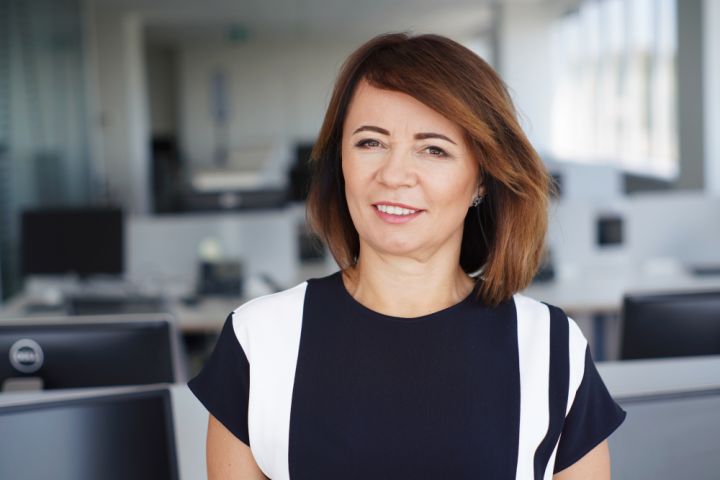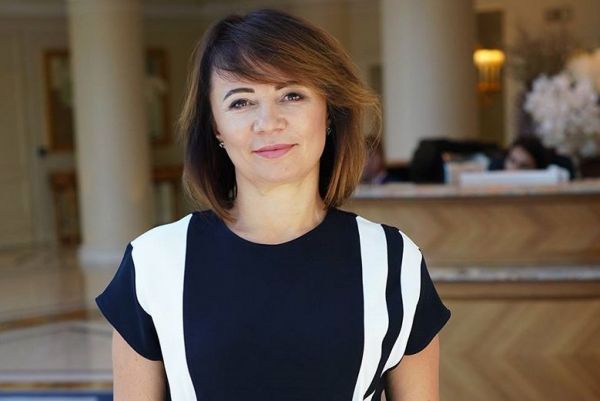Eurobonds, the EBRD's Loan and the AMCU's Investigation, or Real-life Stories of the Agroholding
In September of the current year, Myronivsky Hliboproduct (MHP) successfully issued USD 350 million Eurobonds. At the same time, the demand for bonds was several times higher than the supply. The holding plans to use the received funds for debt repayment and "corporate purposes." In an interview with Latifundist.com, Viktoria Kapelyushnaya, Executive Director and Chief Financial Officer of MHP, speaks about the company's objectives, what countries its bondholders are from, and about the situation with the EBRD loan in this regard. She also dwells on how MHP reacted to the AMCU's investigation.
Latifundist.com: Viktoria, are you satisfied with the conditions of the latest Eurobonds issue?
Viktoria Kapelyushnaya: Yes, of course, because these are our first ten-year bonds. And not only our bonds but the first ten-year bonds of the corporate sector and banks from Ukraine in general. And secondly, it is the coupon rate on these bonds. On ten-year bonds it is even lower than on our trading seven-year bonds, i.e. contrary to all the laws of finance. This is the best proof that if you are a reliable partner, a borrower with a good history, then bondholders are ready to value it. I would like to remind you that in 2015 MHP was the only institution from Ukraine that paid off its debts and did not enter into the restructuring. Neither banks, nor the corporate sector, nor cities, nor the country paid their obligations. Although at that moment it was fashionable and so-to-speak customary to restructure.
But we withstood and increased production annually. Since 2006, we have increased poultry production fivefold. We have created thousands of jobs. In spite of any turbulence, we invested money, attracted currency to the country, and we were constructing. But it is impossible to invest "short" money. Ukrainian banks, even non-residents, cannot lend "long" money. Therefore, we attract Eurobonds.
This time we saw a very high demand. Yet we were limited in the amount of attraction. The maximum that we really wanted was USD 300 million, but due to the increased demand and good value of money, we decided to go for USD 350 million.
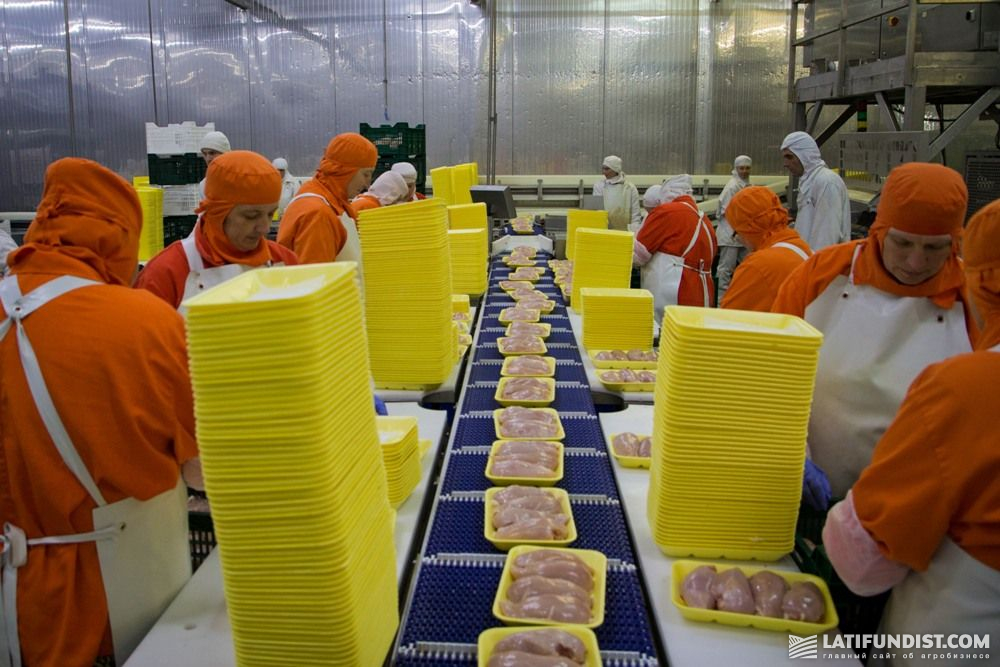
Latifundist.com: Who are the Company’s bondholders?
Viktoria Kapelyushnaya: The portfolio is highly diversified. These are the British, the Americans, and continental Europe. Americans make up about 30%, Englishmen — 35% and Swiss — about 10%.
Latifundist.com: Are the majority of bondholders active holders of the bonds?
Viktoria Kapelyushnaya: Yes, most of the foundations know us for the last 10 years.
Latifundist.com: Do you want to get long-term financing and minimize short-term loans in MHP's portfolio?
Viktoria Kapelyushnaya: One should see the difference here. We use short-term funding for other purposes. It is and will always be in the portfolio, as it is primarily aimed at financing working capital. We are always very conservative about our debt portfolio.
When you have a significant portion of short-term debt, you are dependent on a variety of market situations. In most cases, you are completely out of their control: financial crises, rates growth, a decline in commodity markets, etc. On the one hand, you can win, and on the other hand, you can lose miserably.
With long-term financing, there is strong confidence in the future, as it depends only on operating activities.
Latifundist.com: It is my understanding that Eurobonds remain the main source of funding?
Viktoria Kapelyushnaya: It is so since it's long and unamortized money. Even the IFC and EBRD, which we have been working with for many years, cannot offer ten-year money on the market today. What's more, if we're talking about seven-year money, it involves depreciation. Even after the grace period, you have to pay, and if counted honestly, it's not entirely seven-year money. In general, we are always open to working with different financial institutions and instruments. But, of course, bonds prevail in our portfolio. They account for about 90% of the total amount of financing.
Latifundist.com: After you attracted USD 350 million, how relevant is the EBRD loan for the Company? What is its current status?
Viktoria Kapelyushnaya: This loan saw some slowdown in spring. Therefore, when choosing between Eurobonds and this loan, we chose the former. In addition, we had other tools for attracting money. So, the issue of this loan is no longer relevant.
Latifundist.com: Have you withdrawn the application or what has happened?
Viktoria Kapelyushnaya: No, we haven't. The negotiations were put on hold due to the issuance of the bonds. We involved EBRD to refinance the purchase of the Slovenian company Perutnina Ptuj. Now we have found this refinancing in the form of bonds.
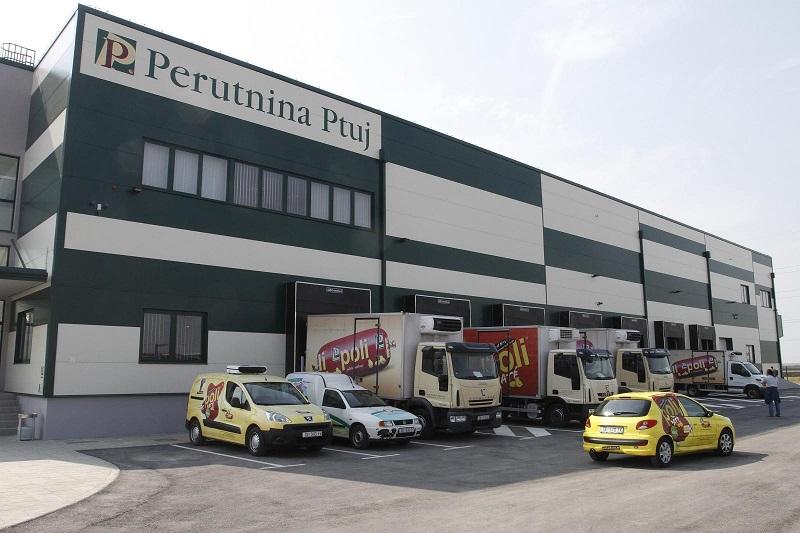
Latifundist.com: You have mentioned that the Company plans to buy land once the moratorium is lifted. Is the attraction of long money also aimed at this purpose?
Viktoria Kapelyushnaya: For this purpose, we consider long-term financing. But first of all, this money will be used to refinance the existing debts. At the same time, we have received financial insurance, a kind of support to carry out investment tasks, including land. But this is a question for another day. Today we need to see what the model of this market will be. But this is not enough, we need to see not only the law but also dozens of by-laws that will regulate the land issue.
Latifundist.com: The Antimonopoly Committee has initiated proceedings against MHP. What is the company's position in this regard?
Viktoria Kapelyushnaya: We are absolutely open to any requests, dialogues, comments. The company's position is simple: there is no abuse on our part, apart from MHP, there are a lot of strong players in the poultry market today. It is easy to see having looked through the supermarket shelf. Someone may mistakenly take our production growth as a sign of strengthening on the domestic market. But simultaneously with the production, our export is growing too. We are no monopolist on the domestic market.
MHP is strengthening its export position. Poultry meat is the fastest-growing animal protein in the world. And we are actively using this trend.
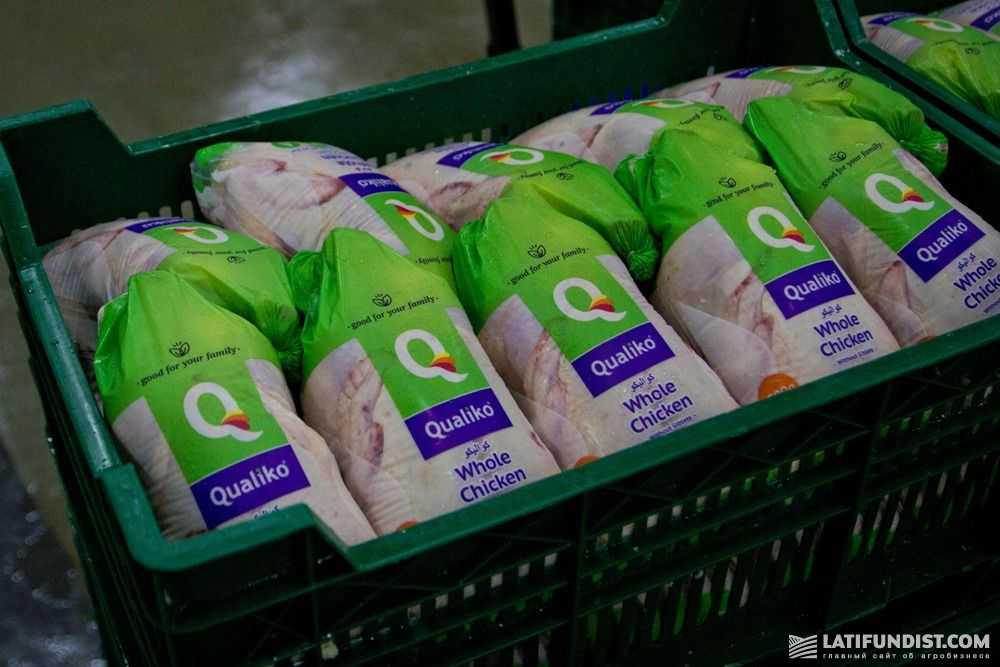
Latifundist.com: Recently you have entered the Japanese market. What other markets are you planning on opening?
Viktoria Kapelyushnaya: The opening of the Chinese market is worked on. It concerns not only MHP but Ukraine in general. We see great opportunities in this market.
Our basic rule in exports is geographical diversification. Today, we export to 80 countries around the world and want to further increase our presence. However, it is no longer enough to produce universal products, one should find unique niches and offer value-added products to the markets.
Latifundist.com: Have you finished the integration process of the Slovenian poultry business?
Viktoria Kapelyushnaya: These processes don't happen this fast. We are on the way to integration. Let's say that the speed of movement in MHP and the same speed in the Slovenian company are different. We are running at various speeds today. But we make adjustments, push it, train it, show the possibilities. The company's key management remained local. Only the financial officer is from Ukraine. This is a poultry farm with great potential for growth both in terms of production and sales volumes and in terms of reducing production costs.
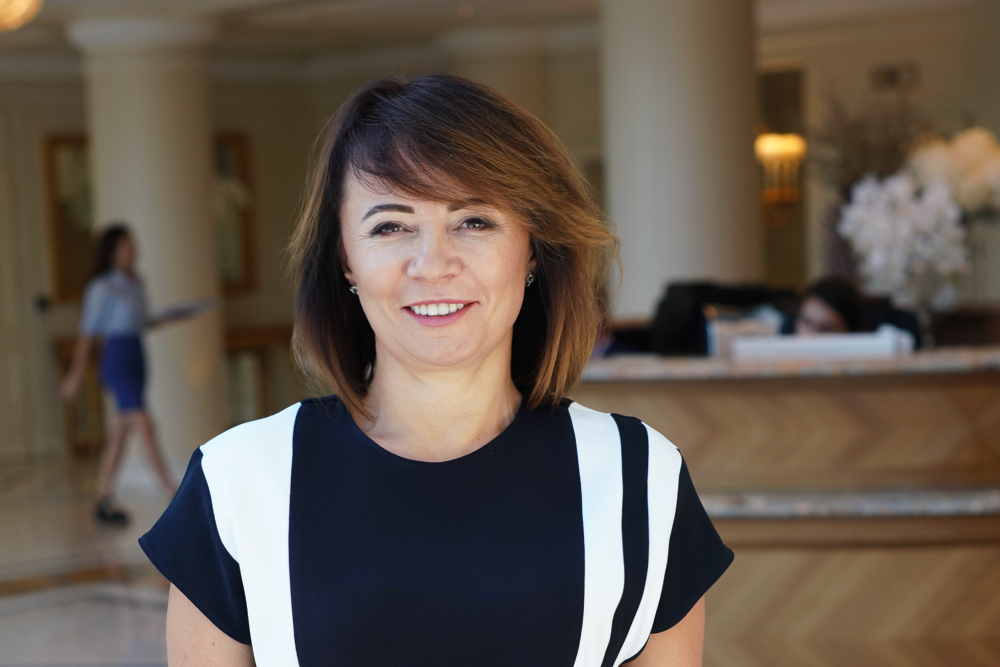
Latifundist.com: What about the domestic market?
Viktoria Kapelyushnaya: Our strategy includes investments in Ukraine, and we continue expanding at Vinnytsya Poultry Complex. We have just slightly postponed the construction of the 4th phase: it will start in 2021 instead of 2020. This is partially connected with the focus on the Slovenian poultry farm.
Konstantin Tkachenko, Latifundist.com

